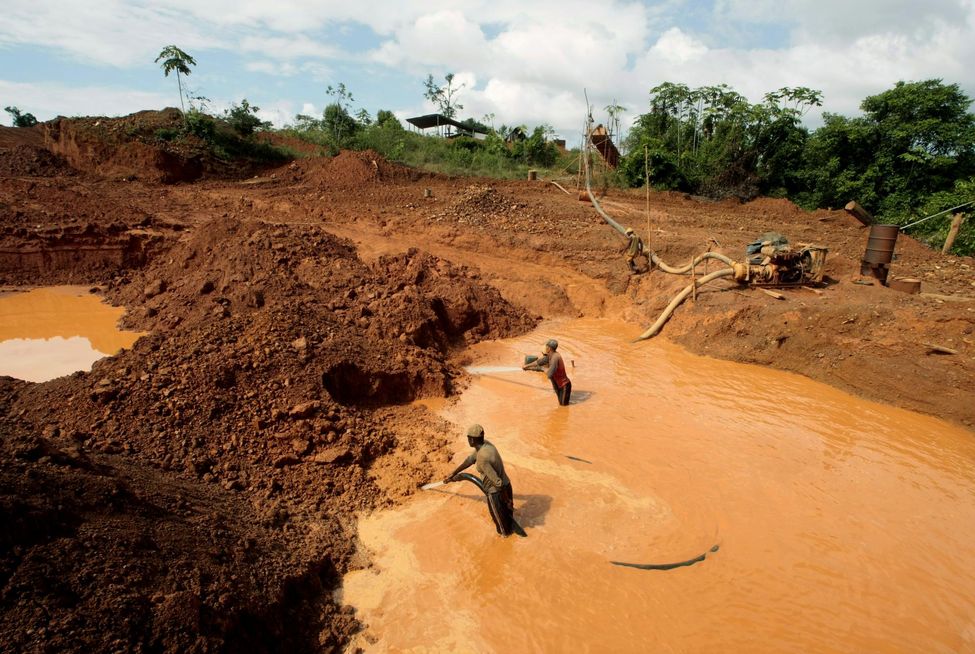The Venezuelan Academy of Physical, Mathematical and Natural Sciences (Acfiman) and a group of more than 60 researchers are leading the collection of data on the impact of climate change in Venezuela. Their work seeks to map the vulnerabilities of each area and the economic and social effects of the phenomenon in the country.
The Second Academic Report on Climate Change will be presented in full in 2024 but the team has already published two preliminary drafts that describe the effect of the increase in temperatures in Venezuela in the coming decades.
Three of the findings presented by the Academy are:
A reduction in economic activity
The increase in temperature and the alteration of rain cycles are beginning to leave a mark on the domestic economy.

“There is evidence that the increase in temperature is already affecting the Gross Domestic Product per capita of Venezuela. [the phenomenon] has impoverished and will continue to impoverish the country as the decades of the 21st century continue to advance,” highlighted sociologist Isaías Lescher, professor at the University of Zulia (LUZ) and coordinator of the chapter on socioeconomic impacts.
An estimated 0.97% to 1.30% of the national GDP was lost to the increase in temperature in the country between 2010 and 2020, while the economic impact is expected to deepen during the current decade.
By 2030, Venezuela’s GDP is projected to be 10% lower than it would have been without climate change. This will occur as a result of the loss of crops and the decline in livestock numbers due to the scarcity of water, besides the country’s limited capacity to exploit its oil and gas reserves.
Increased migration
The serious economic and humanitarian crisis that began in 2014 before the first U.S. sanctions led to the exodus of an estimated 7 million people in Venezuela in search of better living conditions elsewhere in the world, as confirmed by figures released by the Interagency Coordination Platform for Refugees and Migrants from Venezuela (R4V).

The researchers do not expect this trend to stop in the coming years. Instead, “the probability, frequency and scale” of the Venezuelan migration crisis will intensify due to the effects of climate change in the country,” the team of experts explained.
Their projection comes from the fact that the population located in semi-arid regions of the country with an increased tendency to drought -for example, the state of Zulia-, will be more vulnerable and thus forced to migrate to other places. The researchers estimate that climate change can push a group of 200,000 people in the country into extreme poverty by 2030.
Coral reefs at risk
The increase in temperature will not only have direct effects on human populations but also on other species such as the corals along the Venezuelan coasts.

According to the projections, 60% of Venezuelan coral reefs could experience severe bleaching by 2029 as Venezuela is located in one of the regions of greatest stress for corals amid climate change.
These economic, social and environmental effects of climate change in Venezuela are part of the reasons why Alicia Villamizar, coordinator of the Second Academic Report on Climate Change, calls for an increase in the funding for science and technology in Venezuela to expand knowledge creation and promote much needed mitigation and adaptation decisions in the country.
Translated by José Rafael Medina




